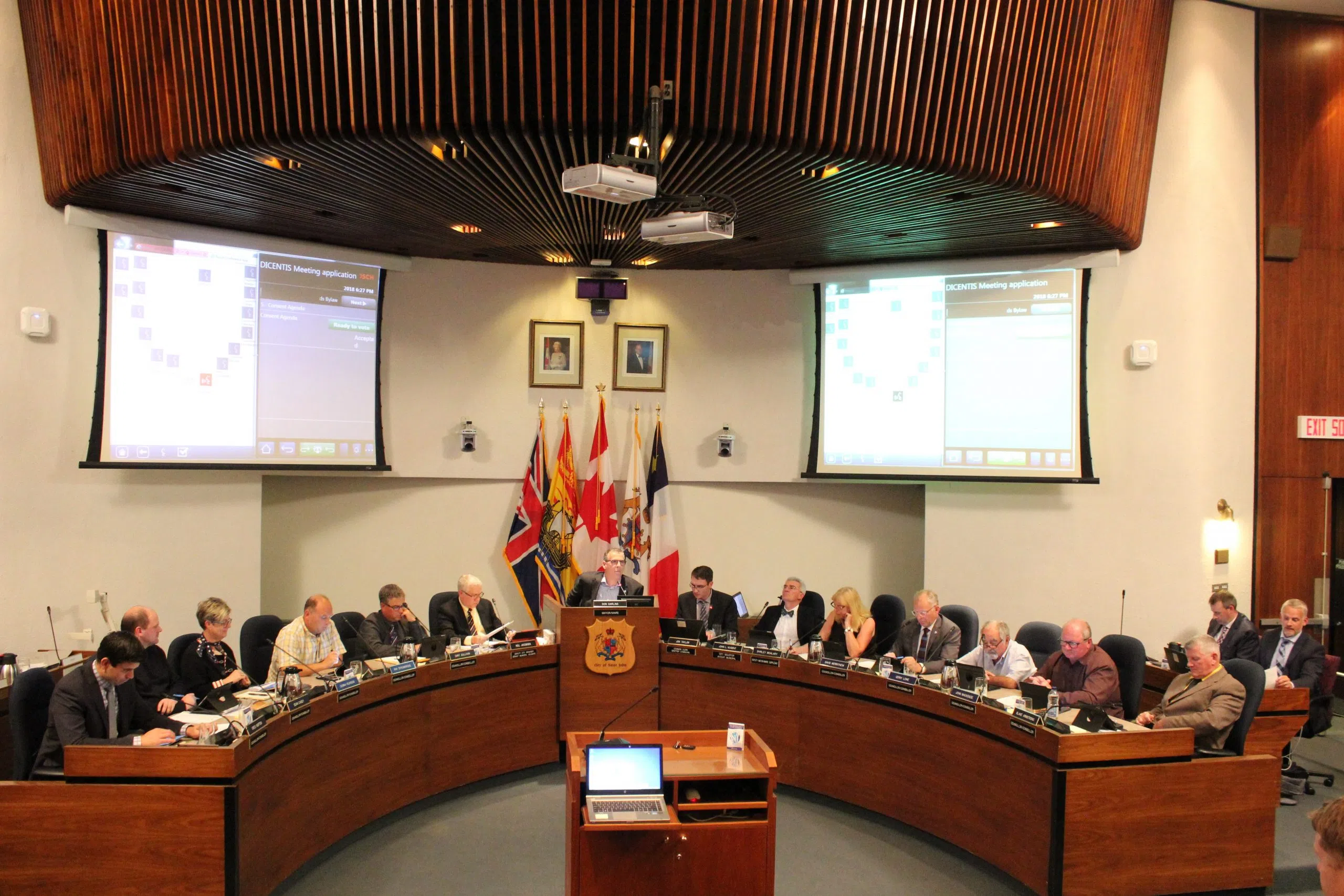Saint John is working on a “Plan B” in case a regional ice strategy does not come together by next fall.
Fundy region municipalities have been working on one for a year, but city staff say there has been a “lack of concrete progress”.
They are proposing new non-resident arena fees to cover operating and maintenance costs in case the strategy falls through thin ice.
“I hate to be overly blunt, Saint John should not be paying and subsidizing non-Saint John residents to use our facilities,” Coun. Gary Sullivan said at Monday night’s council meeting.
Saint John has long been calling for a “fair” regional model to recover operating and maintenance costs.
About 42 per cent are paid by user fees — city taxpayers pick up the rest, plus all capital costs.
“We’re at a crossroads,” says the city’s Tim O’Reilly. Regional ice strategy remains the preferred option, but O’Reilly says they’re running out of time, and the city is now looking at a more #SaintJohn-specific solution. #sjcouncil
— Brad Perry (@BradMPerry) September 10, 2018
But with about 1/3 of the demand for #SaintJohn‘s arenas coming from outside the city, staff are concerned demand could drop if they went ahead with this. City could mitigate it by closing one or more arenas and replacing fewer ice surfaces. #sjcouncil
— Brad Perry (@BradMPerry) September 10, 2018
Coun. Blake Armstrong says we have to start looking after Saint John.
“These rinks, we are at the end of our life,” Armstrong said, “and we as a council are going to have to deal with that within the next year or two and make hardcore decisions of where the money is going to be spent.”
A recent report found the city’s four arenas and the Lord Beaverbrook Rink will need about $18 million in capital work to keep them running over the next decade.
The city has already begun planning for the non-resident fees, which would take effect for the 2019-20 season, but Mayor Don Darling said they would rather come up with a cooperative strategy that is fair to everyone.
“Let’s put them all [arenas] on the table,” Darling said, “which ones should come down, how many do we need, and here’s how we’re going to fairly and reasonably share the costs.”




